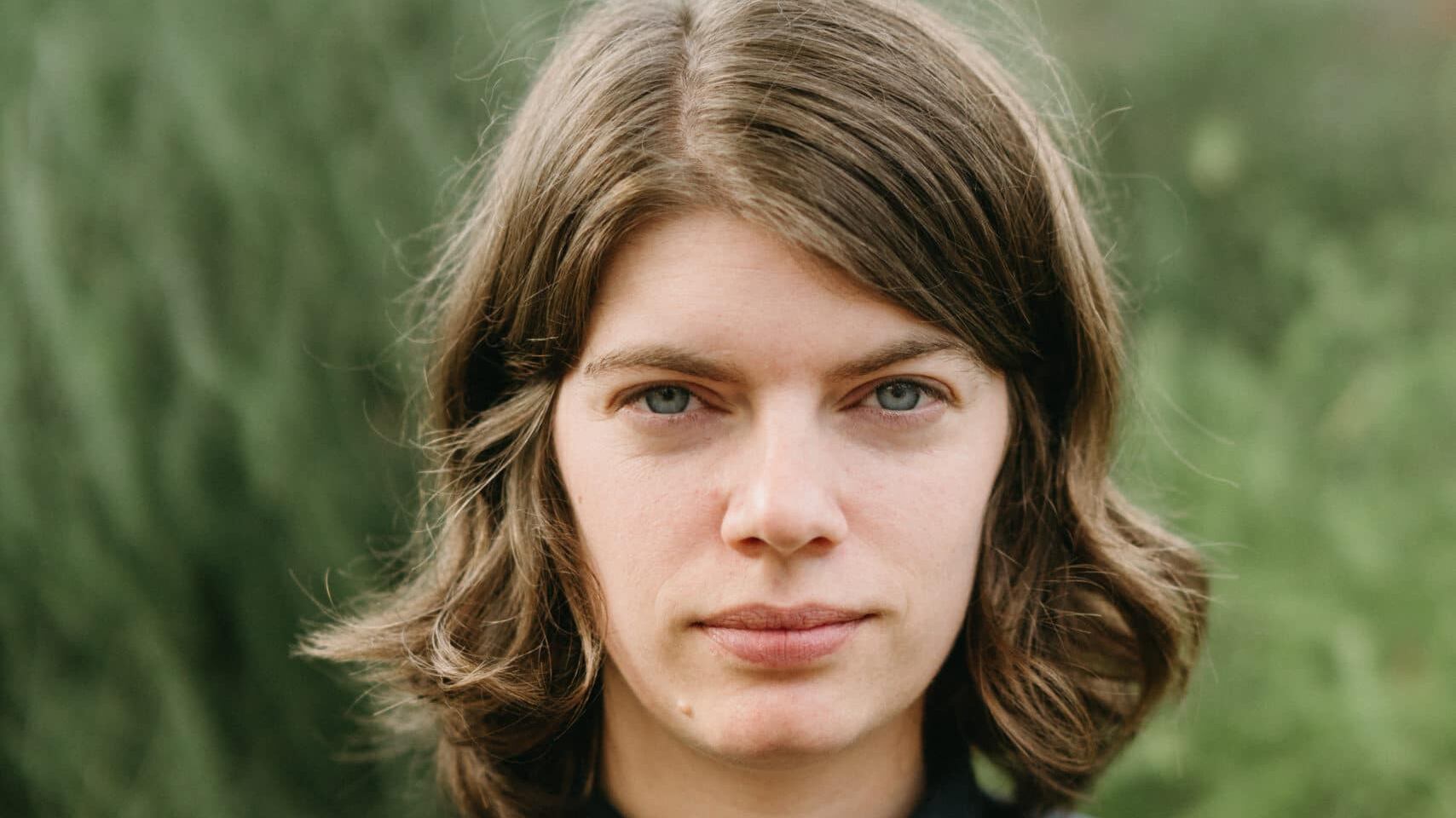Finishing your first novel is a massive achievement that anyone should be proud of, but Portlander Jules Ohman’s Body Grammar (Vintage, 320 pages, $17) is more than a perfect beginning to her career. It’s a story so captivating from start to finish that it’s difficult to believe it’s a debut.
Set partly in Portland, Body Grammar follows its protagonist, Lou, and her friends through the summer between high school graduation and whatever lies on the other side. Intent on making the most out of a perfect summer day, they undertake an adventure that is anything but, forcing them to try to make sense of their lives.
For Lou, that means confronting how she is perceived. Continuously scouted by modeling agents for her androgynous look, she takes each card with no interest, often feeling that clothes are wearing her, rather than the other way around. She prefers to be behind the camera, spending most of her time taking photographs of her close friend Ivy.
Body Grammar is a coming-of-age story so refreshing and realistic that it is easy to imagine yourself there in each moment with Jules and Ivy. You don’t just picture them as characters—you picture them as people from your own life.
While some novels build to a climax only to slowly taper off, Body Grammar quickly sets a steady pace that it maintains through its final pages. Ohman craftily weaves together both the delicate and the dense, allowing the reader to feel the currents of its defining themes, including queerness, first love, grief, identity, healing and acceptance.
For those who identify as queer or LGBTQ+, there is an inner knowing as a teen that there is something within that is different, but the ability to identify or articulate what exactly that is remains just out of reach. Body Grammar excels when it explores that idea, particularly in this excerpt (page 29):
“...[A]nd all she felt was sorry: Sorry that she didn’t have a song, the words, or a firm hold on any of what she felt, which was so enormous, so physical, that sometimes it was like she was lost in the dense branches of a tree so high up she couldn’t even imagine reaching the top, let alone looking down. Sorry that Ivy was so much, the most of anyone, already up there at the top, and Lou was just herself, climbing.”
As Body Grammar progresses, we follow Lou into the shimmering world of high-profile, fast-paced fashion shows and photo shoots in New York City and Rome. In Lou’s attempt to have purpose, there is a crisp juxtaposition. The more she tries to find it, the more she starts to lose herself and whom she loves.
It’s a journey defined partly by a tragic accident that occurs on a hike. Through Lou’s struggle to understand her identity, Ohman shows the ways in which tragedy and trauma can change us—and what it’s like to live for someone other than yourself.
Although we’re watching a queer character learn to navigate life throughout Body Grammar, its themes are universal. Thanks to the breadth of its ideas and the quality of Ohman’s writing, the novel is a true gem that seems to exist beyond time, seeing humans as holistic beings with multiple dimensions. However many hours Ohman spent on Body Grammar, one thing is clear—each one was worth it.
SEE IT: Jules Ohman appears in conversation with Kimberly King Parsons at Powell’s City of Books, 1005 W Burnside St., 800-878-7323, powells.com. 7 pm Thursday, June 16. Free.
